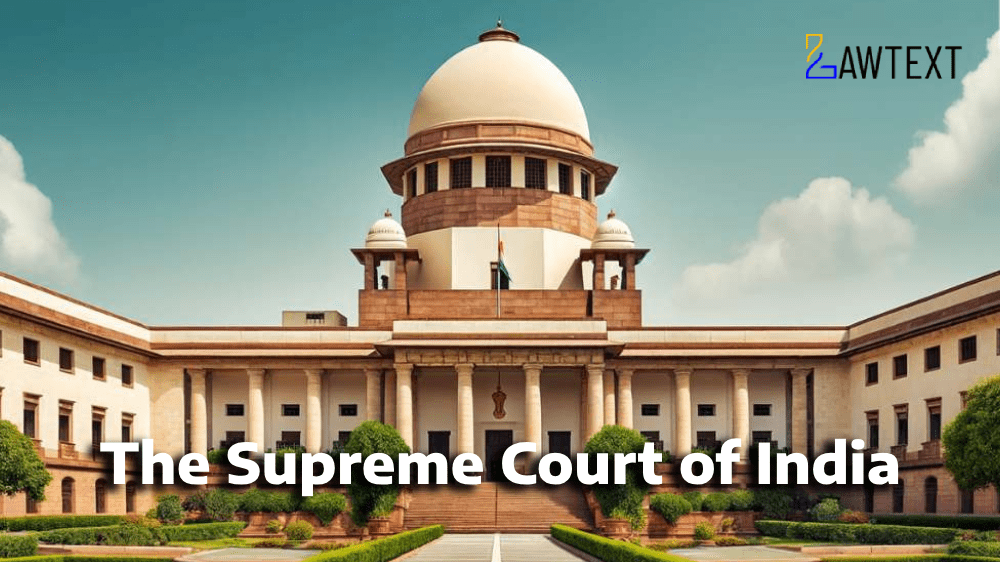Case Note & Summary
1. Case Background
Facts: Dow Chemical International Pvt. Ltd. sought to export a product (ADCOTE 545S) containing Methyl Ethyl Ketone (MEK) without obtaining a No Objection Certificate (NOC) from the Narcotics Commissioner. Dow argued that MEK was only a component of ADCOTE 545S and thus, the product should not require an NOC under the 2013 Narcotic Drugs and Psychotropic Substances (Regulation of Controlled Substances) Order.
Initial Petition: Dow filed a petition requesting a declaration that the NOC was not required. Subsequently, the Commissioner of Customs issued a show-cause notice, prompting Dow to amend the petition to contest this notice.
2. Key Legal Points and Statutes InvolvedSection 9-A, NDPS Act, 1985: Grants the Central Government regulatory power over controlled substances, including restricting or mandating conditions for their export.
2013 Order (Clause 10): Mandates an NOC for exporting substances listed in Schedule-B, which includes MEK. Dow argued that the inclusion of MEK in the product does not automatically classify the product as MEK.
3. Arguments by the PetitionerNo Jurisdiction for NOC Requirement: Dow contended that ADCOTE 545S was a complex product, not solely MEK, thus should not be controlled under Schedule-B.
Challenging Show Cause Notice: Dow asserted the notice was without jurisdiction, as their product should not be classified under Schedule-B.
4. Arguments by the RespondentsControlled Substance Classification: The Commissioner argued that the presence of MEK, which can be extracted from ADCOTE 545S, qualified it under Schedule-B and thus required an NOC.
Jurisdiction and Statutory Process: Respondents argued that the petition was premature and should follow statutory adjudication instead of seeking relief through writ jurisdiction.
5. Judgment and Ratio DecidendiJudicial Intervention Denied: The court declined to intervene, emphasizing the principle of exhausting alternate statutory remedies before approaching the judiciary. The court held that factual investigations into the product’s composition and MEK’s extractability were necessary for a determination.
Premature Petition: The court reasoned that the statutory mechanism, including responding to the show-cause notice, should be the first course of action. Exceptional circumstances for bypassing this process, such as lack of jurisdiction, were not found.
6. Conclusion and RatioThe court dismissed the petition, reiterating that parties must exhaust available remedies within statutory frameworks. It held that intervention in statutory adjudication should be restricted unless there is a clear lack of jurisdiction or violation of fundamental rights.
Subjects:Judicial Restraint, Administrative Law, Narcotic Drugs Control, Customs Law
Issue of Consideration: Dow Chemical International Pvt. Ltd. Versus Commissioner of Customs NS-II Special Investigation and Intelligence Branch (X) and anr.
Premium Content
The Issue of Consideration is only available to subscribed members.
Subscribe Now to access critical case issues








